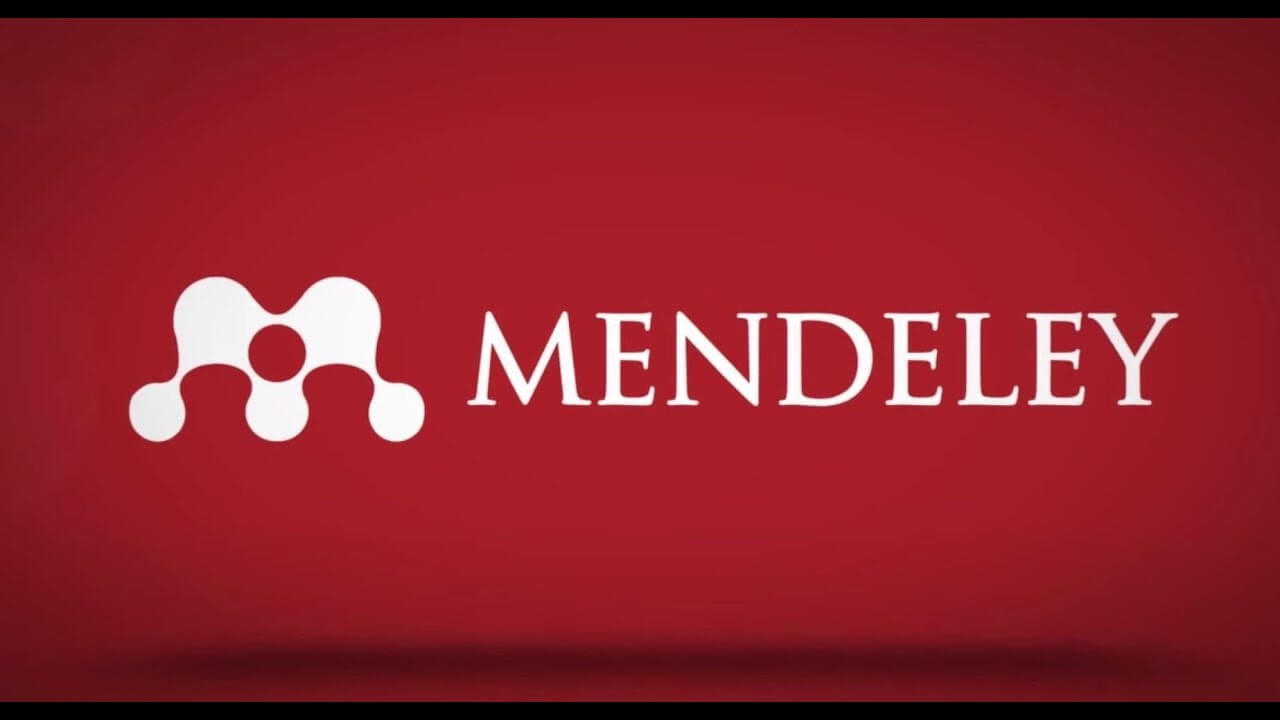The Impact Of Leadership Style, Organizational Systems, And Work Motivation On The Effectiveness Of Madrasah Aliyah In Jambi Province
Abstract
This research aims to examine the influence of leadership style, organizational systems, and work motivation on the effectiveness of Madrasah Aliyah Negeri (MAN) in Jambi Province. The study focuses on understanding how leadership, organizational management, and teacher motivation can impact the operational success of Islamic high schools (Madrasah Aliyah) in this region. Using a quantitative approach, the research employs path analysis to assess the relationship between these variables. The results indicate that leadership style, organizational systems, and work motivation each significantly affect the performance and effectiveness of these institutions. The study highlights the importance of a well-structured leadership style and an effective organizational system in fostering an environment conducive to educational success. Additionally, teacher motivation is identified as a key factor influencing both individual and institutional performance. These findings provide valuable insights for educational leaders and policymakers aiming to enhance the quality of education in Madrasah Aliyah institutions
References
Artanto, D.. Transformational Leadership Strategy to Improve the Quality of Islamic Education Services. Journal of Islamic Education Management, 12, 108–122.
Dakhi, A. S.. Improving Student Discipline with Teacher Competence and School Principal Leadership. Journal of Educational Dynamics, 14, 131–143.
Hutagaluh, O., Aslan, Putra, P., Syakhrani, A. W., & Mulyono, S.. SITUATIONAL LEADERSHIP ON ISLAMIC EDUCATION. International Journal of Graduate of Islamic Education, 1, 1–17.
Karsono, K., Purwanto, P., & Salman, A. M. Bin.. Branding Strategy in Increasing Public Trust in Madrasah Tsanawiyah Negeri. Journal of Islamic Economics, 7, 869–880.
Karyanto, T.. Application of Madrasah Head Leadership in Improving Teacher Competence at Madrasah Aliyah Negeri Makale, Tana Toraja Regency. Al-Ishlah, 19, 1–16.
Miftahul Huda, R.. The Development of Islamic Education in Indonesia and Efforts to Strengthen it in the National Education System. Journal of Islamic Education Research, 1, 2–14.
Rahman, F.. Arabic Curriculum Development during the Covid-19 Pandemic in Answering the Challenges of the Society 5. 0 Era. Lisan An Nathiq: Journal of Arabic Language and Language Education, 6, 148–163.
Salim, M., Sukma, A. B., Afriza, & Andriani, T.. Basic Concepts and Scope of Education Personnel Management. Hikmah Journal: Journal of Islamic Education , 12, 275–287.
Sihaloho, W., Pratiwi, R. U., Sari, I. P., Aini, I. Q., Yunita, Z., & Winanda, T.. Development of the Concept of Education and Classification of Education. Journal of Islamic Dirasah, 5, 754–762.
Solikatun, & Hasanah, U.. Correlation of Madrasah Head Leadership Style and Teacher Work Motivation on Teacher Performance at Madrasah Aliyah Negeri 3 Nganjuk. Intellectual Journal: Journal of Education and Islamic Studies, 9, 129–144.
Toto, A. B., Bijang, J., & Kamase, J.. The Influence of Leadership, Work Environment, Discipline and Incentives on the Performance of Madrasah Aliyah Teachers in Maros Regency. YUME : Journal of Management, 2, 141–150.
Wijaksono, A.. Educational Management in Improving the Quality of Students at Puspa Bangsa Islamic Elementary School, Banyuwangi. Journal of Indonesian Education, 1, 2–13.
Copyright (c) 2025 IJGIE (International Journal of Graduate of Islamic Education)

This work is licensed under a Creative Commons Attribution-ShareAlike 4.0 International License.

















